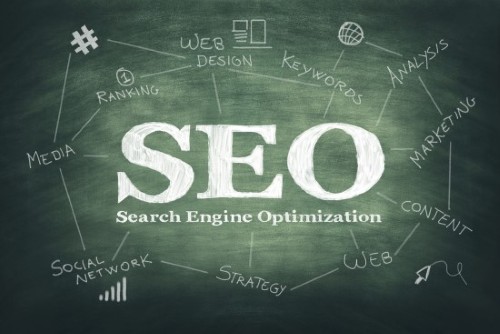If you want your business to rank high in search engine results pages (SERPs), you need to build quality backlinks. These links should be natural, reputable, and relevant to your site and audience.
These links are important ranking factors, but they also provide other benefits for your website. They can help drive traffic and increase brand awareness.

Link building
Link building is one of the most important components of SEO. It helps search engines understand how popular a website is and how trustworthy it is to users. In addition to helping your website get more traffic, it can also boost your domain authority and page authority.
Backlinks are a big part of Google’s ranking algorithm. In fact, they’re still the most influential factor when it comes to ranking websites. The best way to build quality links is to create valuable content and share it with others. You can also use services like HARO to connect with journalists and writers who need sources.
Another method of getting links is to find broken links on other websites and offer a relevant replacement. However, don’t try to shoehorn keywords into the link text – this is considered spam and can lead to a Google penalty.
Anchor text
Anchor text is the hyperlinked text that sends users to another piece of content. The proper use of anchor text promotes confidence clicking and improves the overall user experience. It also enhances screen reader access to a site’s content. However, some SEO beginners will get confused by recommendations on which type of anchor text is best for a website.
The type of anchor text you use has a direct effect on how well your backlinks rank in Google. For example, branded anchor links are important for brand awareness, but they don’t carry as much weight for ranking as natural, relevant links. Other factors, such as the authority of the website that offers the link, determine how valuable a backlink is. Therefore, it is important to have a mix of different types of anchor text in your backlink portfolio, check this site out.
Domain authority
Domain authority is a metric that predicts how well your website will rank on search engine results pages (SERPs). It was created by Moz, but it’s also integrated into other SEO tools such as Ahrefs. The metric is based on a complex algorithm, and its score ranges from 1 to 100. Higher scores mean a better chance of ranking high in SERPs.
The metric is relative, so it can change over time. If a site with a high DA sees a sudden increase in links, it could affect its score. It’s important to prioritize quality over quantity when building links. One link from an authoritative source will go a long way, while five links from irrelevant sources can have a negative impact on your DA.
Page authority
The strength of a website’s domain authority and its page authority can affect SEO backlinks. This metric is measured using a number of factors, including Ahrefs’ Domain Rating and the quality of the site. It also includes social shares and user experience metrics. It is important to know how to measure these metrics correctly. A single high-quality backlink is much more valuable than thousands of low-quality links.
However, it is essential to understand that domain authority and page authority do not determine your search engine optimization rankings. These metrics are used by Moz to study and evaluate sites, but they do not directly influence how well you rank in Google’s SERPs. Instead, focus on creating quality content and acquiring backlinks from reputable sources. This will improve your SEO and ultimately increase your DA and PA scores.
On-page optimization
Backlinks in SEO are important because they provide search engines with a vote of confidence that the website page being linked to is relevant to a search query. Backlinks also make it easier for search engines to crawl and find new content on your website. This is why it’s important to optimize your website’s on-page content, such as your page titles and meta descriptions.
Conclusion:
On-page optimization is the process of aligning a piece of content with the needs of searchers and creating a framework that can be optimized as search algorithms change. It involves optimizing a webpage’s title tags, meta descriptions, and keyword density. It also involves ensuring that the content is relevant and authoritative. It’s important to note that on-page optimization is a continuous process, not a one-and-done project.

Jerry Martinez is a professional artist. He lives in California with his family. Throughout his life, he has always been captivated by images. Naturally, he was drawn to art. So he opted to take his Bachelors Degree in Fine Arts from Otis College of Art and Design. After completing his degree, He concentrated even more into his art practice. He is a father of three children, ranging in age from 3 to 12 years old. They love outdoors activities; biking, camping, walking and playing football. Jerry Martinez is a music lover and love to listen to metallic songs.






